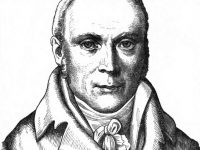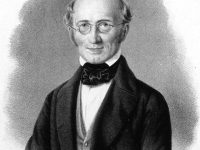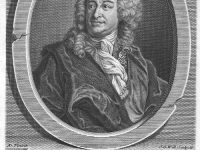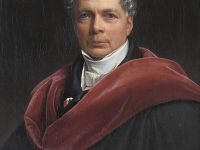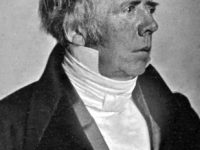Johann Friedrich Blumenbach and the Human Races
On May 11, 1752, German physician, naturalist, physiologist, and anthropologist Johann Friedrich Blumenbach was born. He was one of the first to explore the study of mankind as an aspect of natural history. Frequently called the father of physical anthropology, Blumenbach proposed one of the earliest classifications of the races of mankind. He divided humanity into five races: Caucasian, Ethiopian, American, Mongolian, and Malay. Johann Friedrich Blumenbach – Early Life Johann Friedrich…
Read more

